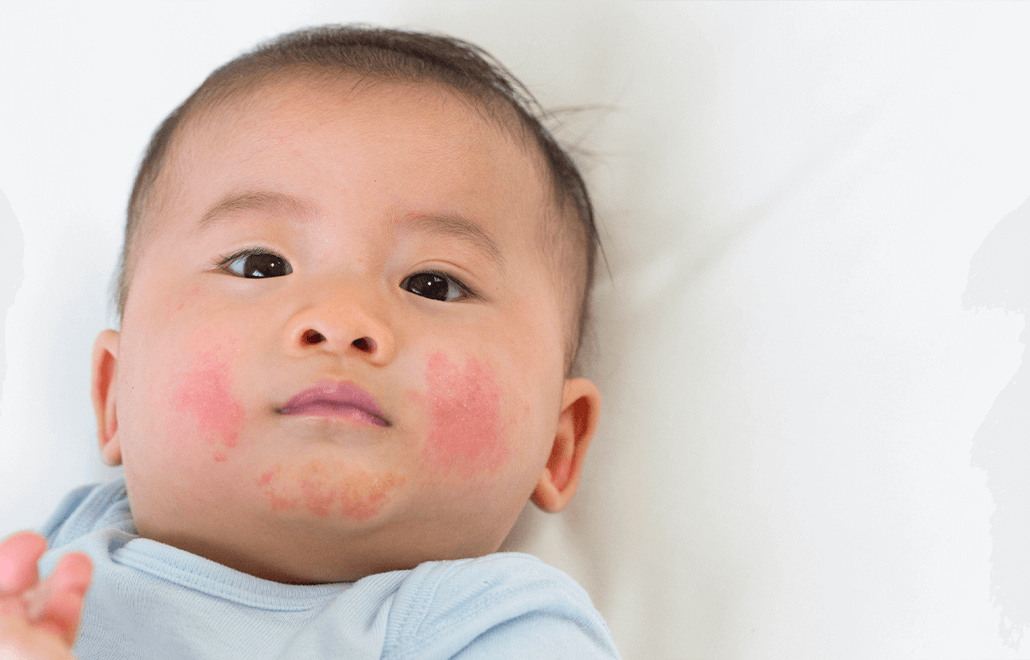
20 Mar Managing Childhood Allergies
2 min. readChildhood allergies are a common problem, affecting up to 50 million Americans. Allergies can develop at any age and can be triggered by a wide range of substances, from foods and medications to pollen and pet dander. Here’s what you need to know about managing childhood allergies.
Know the Symptoms
Allergy symptoms can range from mild to severe and can include sneezing, runny nose, itchy eyes, skin rashes, and difficulty breathing. Knowing the symptoms of allergies can help you identify when your child is experiencing an allergic reaction.
Identify Triggers
Identifying the triggers that cause your child’s allergies can help you avoid them. This may involve allergy testing to identify specific allergens.
Develop an Allergy Management Plan
Once you know your child’s triggers, work with your pediatrician to develop an allergy management plan. This may involve medication, allergy shots, or lifestyle changes to avoid allergens.
Educate Others
It’s important to educate family members, teachers, and caregivers about your child’s allergies and how to manage them. This can help ensure that your child is safe and comfortable in all environments.
Be Prepared
Always have an epinephrine auto-injector (such as an EpiPen) on hand in case of a severe allergic reaction. Make sure you and others who care for your child know how to use it.
Follow Up with Your Pediatrician
Regular check-ins with your pediatrician can help ensure that your child’s allergies are well-managed and that they are receiving the appropriate treatment.
At Continuum Pediatrics, we understand the challenges that come with managing childhood allergies. If you have any concerns about your child’s allergies or need help developing an allergy management plan, please don’t hesitate to contact us. We are here to support you and your child every step of the way.

